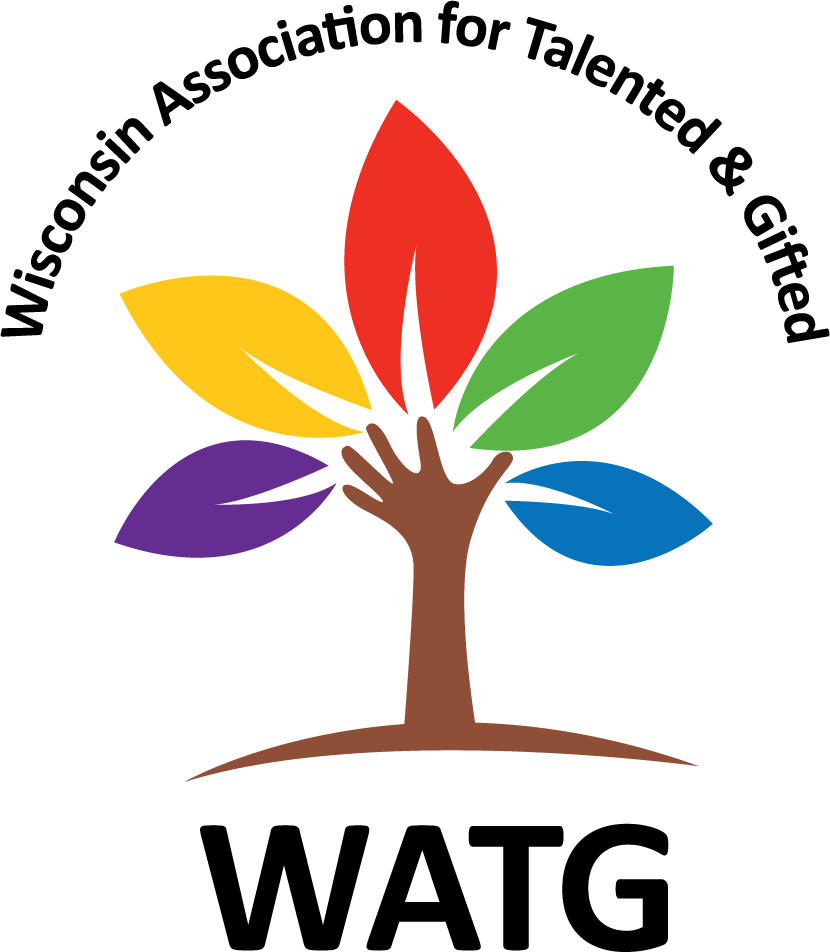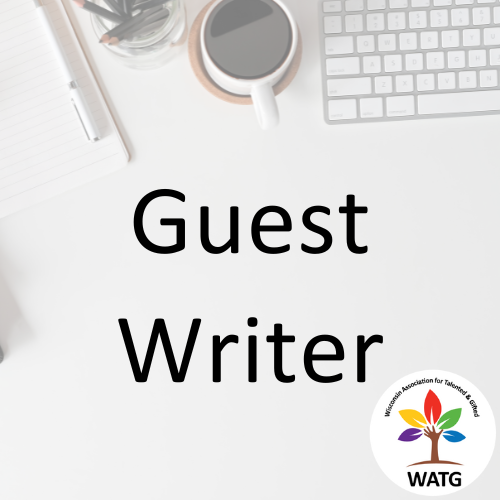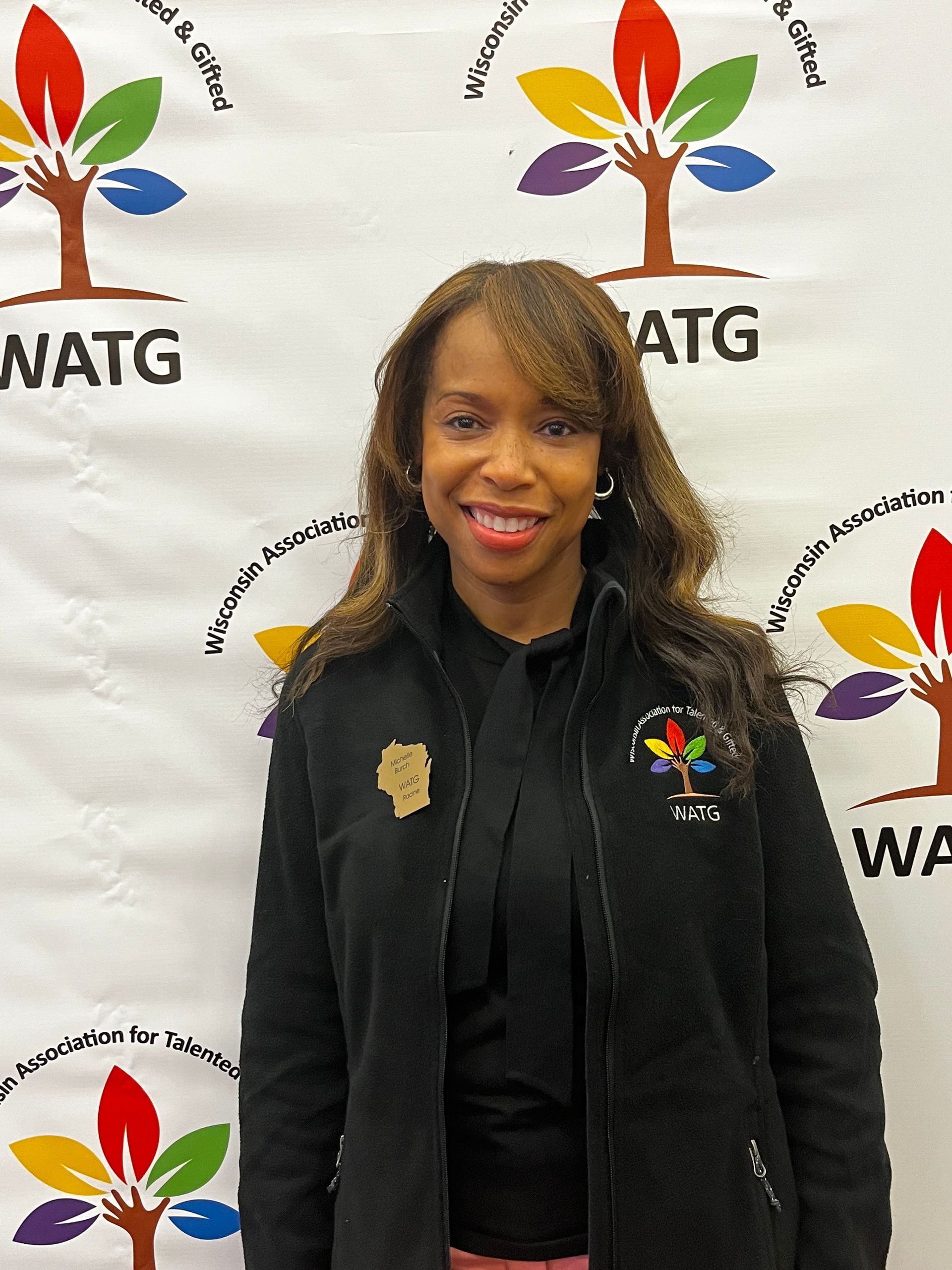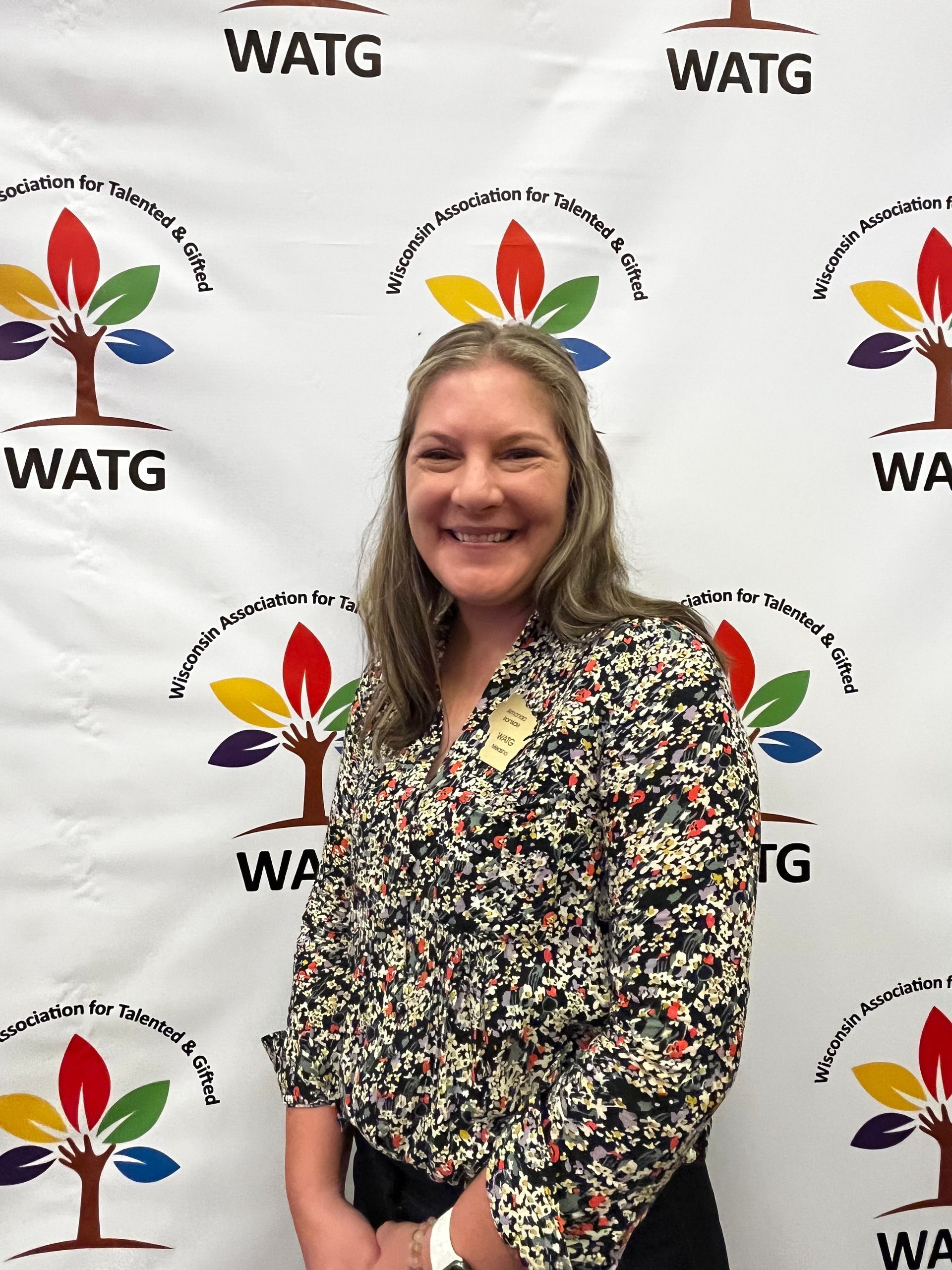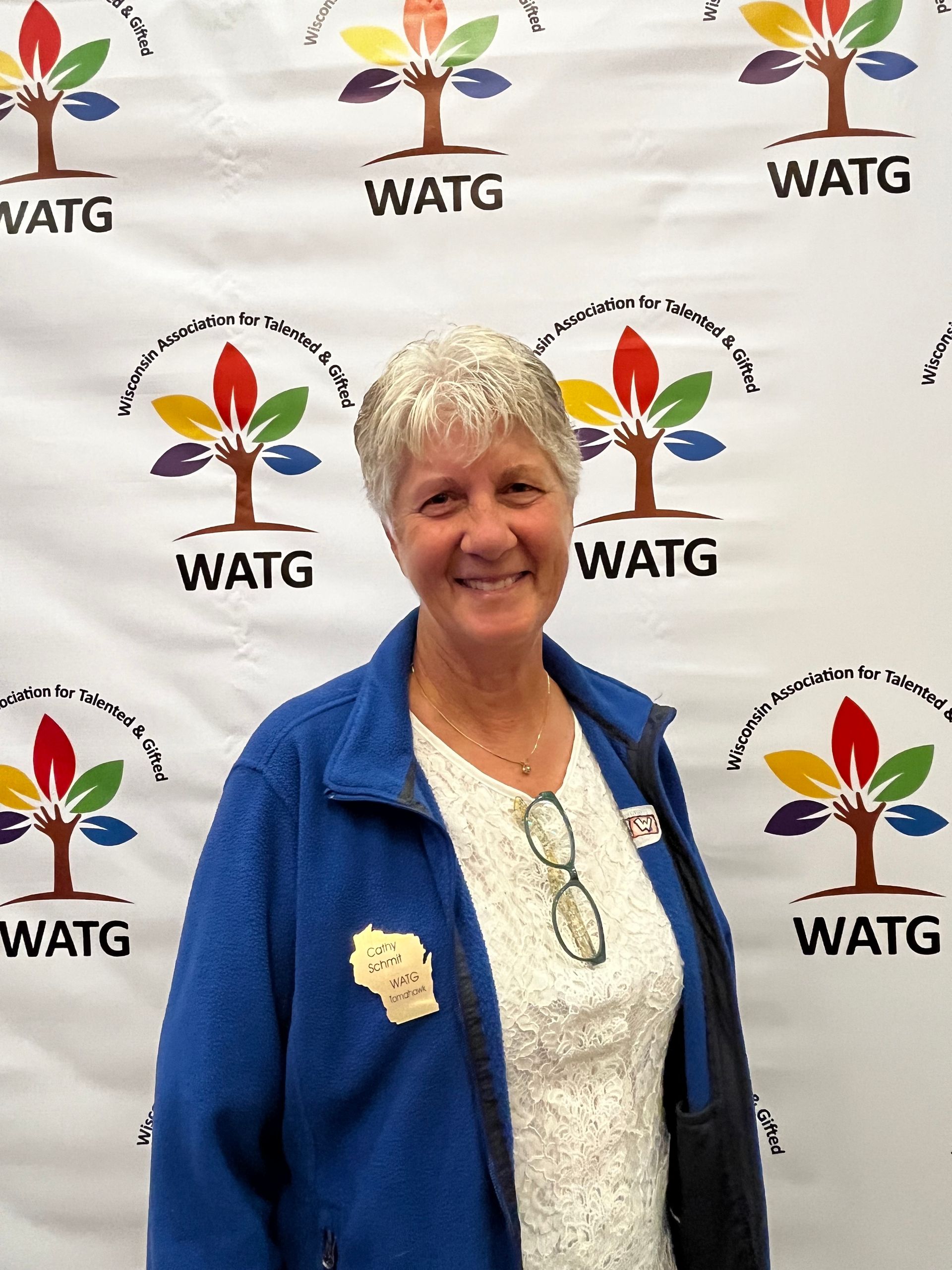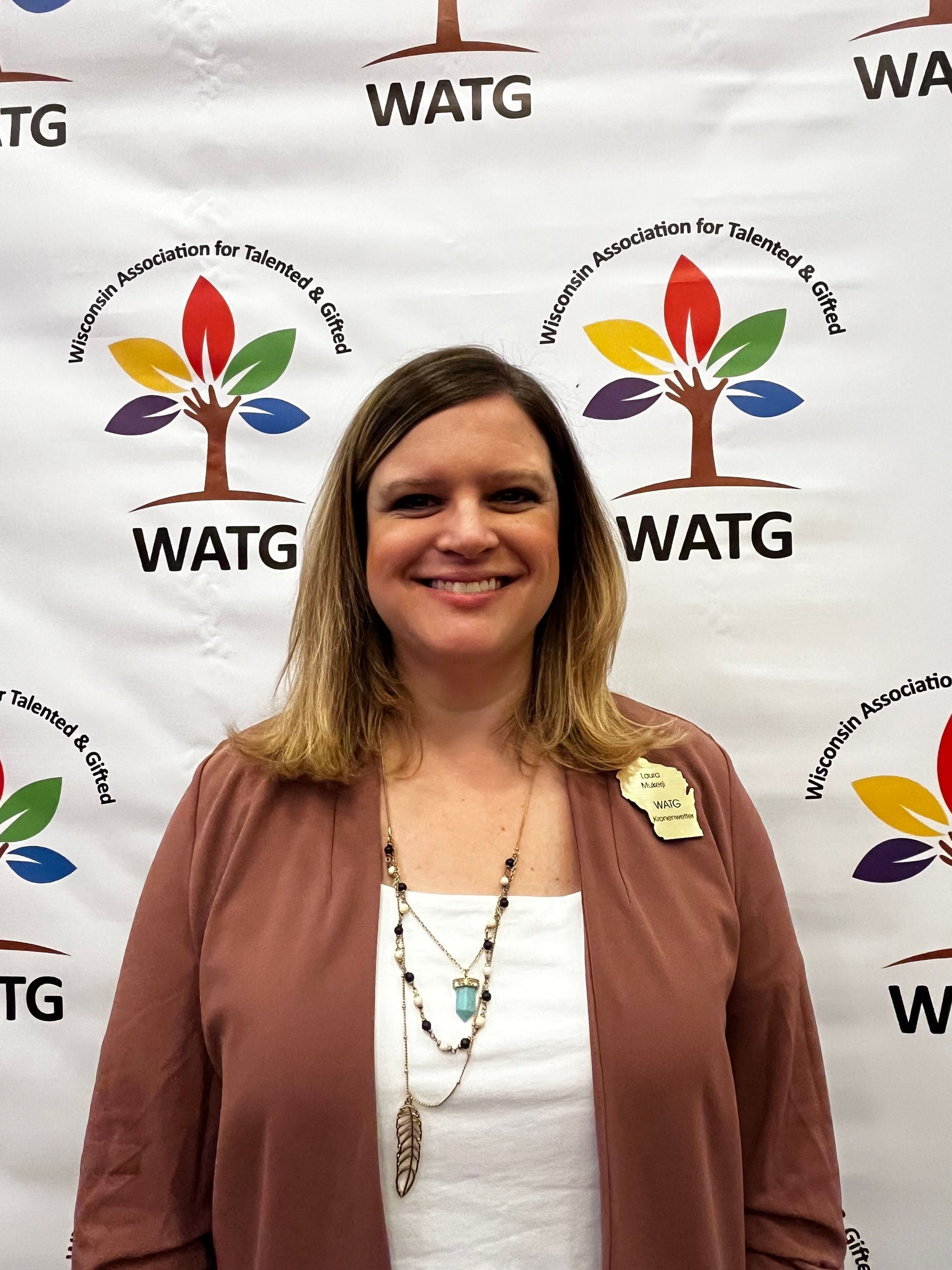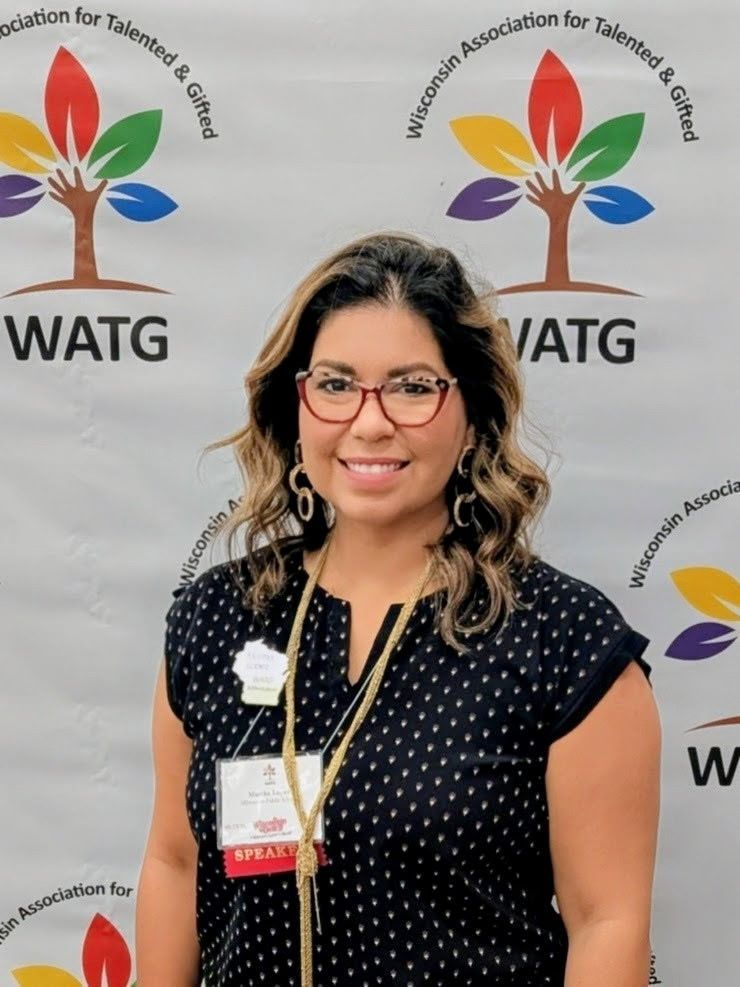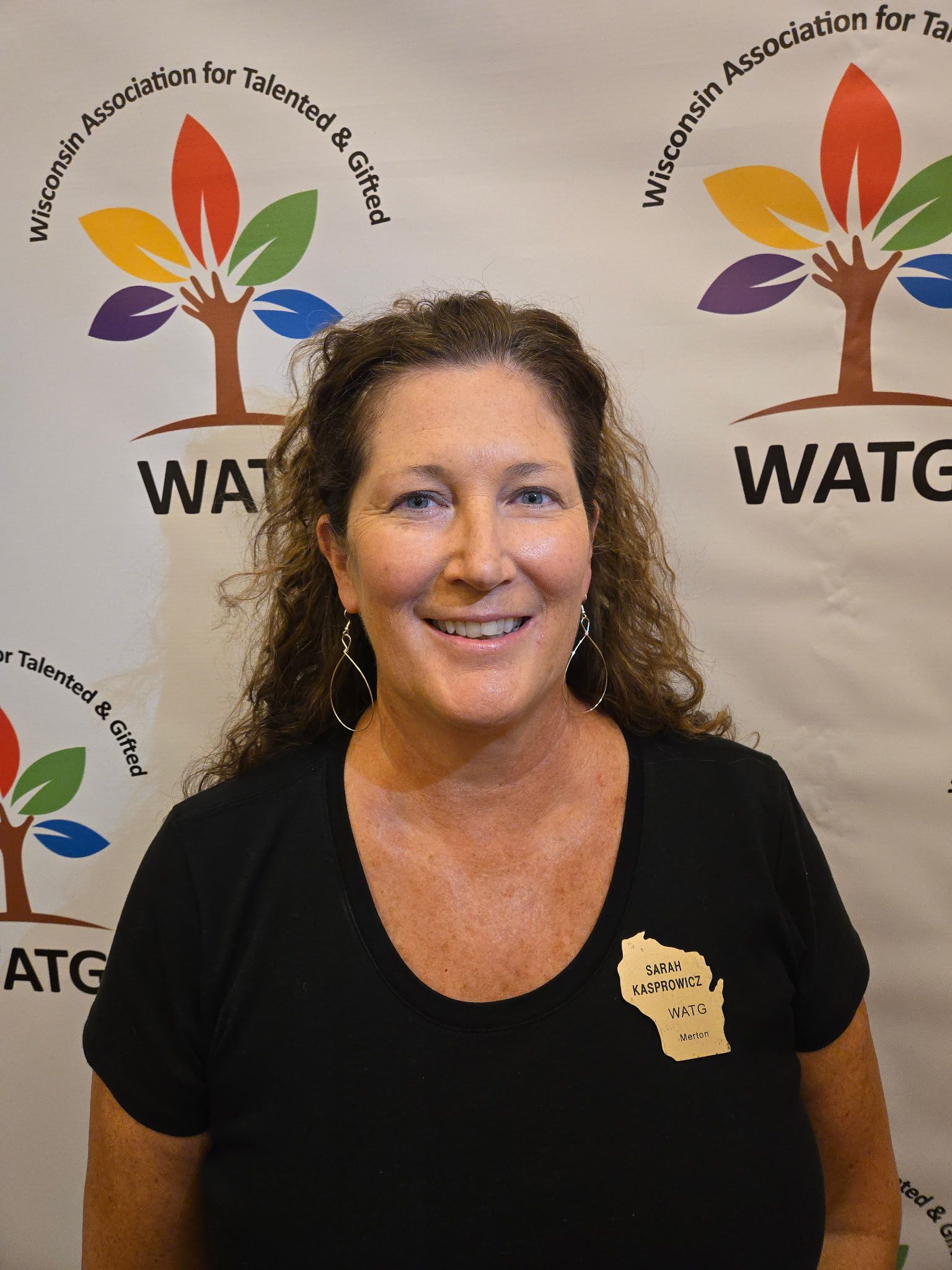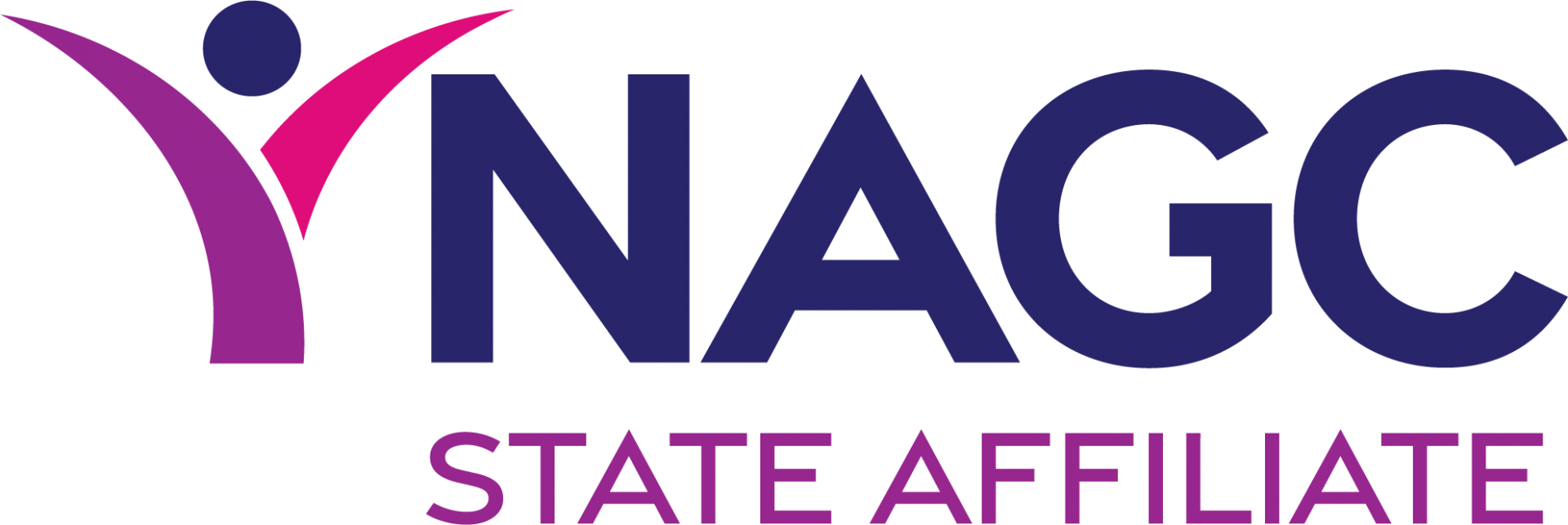Gifted Kids and the Dreaded "B Word"
Parents/caregivers and educators are often the recipients of comments from children and adolescents that begin like this… (insert whining...) “I’m bored”. As a parent and a teacher, I have heard this phrase countless times over the years and have often wondered about the best way to handle it. For sure, I can tell you some great ways not to handle it. My mom, like many other moms, (me included), usually responded with this retort, “Boring is as boring does. If you’re bored, I can find something for you to do. There’s a closet to clean…” I’m sure you get the idea.
In a school situation, the “B” word is rarely met with joy by teachers. Many teachers take personal offense to the word; often they assume that students mean they (the teachers) are boring, the work is boring, or school in general is boring. And, in my experience, gifted students often offer this as a criticism, sometimes with merit, sometimes without.
But what is behind the “B” word? Why are children bored easily? The reasons for this may vary. At home, children may be accustomed to constant stimulation. Screens, an overabundance of toys and gadgets, and constant enrichment scheduling give children and adolescents little time to learn to manage downtime, and their default setting is to claim boredom when they have unoccupied moments. What would happen if we let them sit with their boredom?
In school, students may not be sufficiently challenged, and this is often true for gifted children. In often quoted research from the University of Connecticut entitled “Why Not Let High Ability Students Start School in January?” Dr. Sally Reis and her colleagues suggested that “approximately 40-50% of traditional classroom material could be eliminated for targeted students in one or more of the following content areas: mathematics, language arts, science, and social studies.” And “when teachers eliminated as much as 50% of the regular curriculum for gifted students, no differences in the out-of-level post achievement test results between treatment and control groups were found in reading, math computation, social studies, and spelling.” What a novel concept – allowing gifted students to begin the school year in January, thus eliminating boredom!
Of course, there may be other reasons that students employ the “B” word. Some may have a mental health condition such as depression, anxiety, divorce in the home, or post-traumatic stress; others may have a learning difference. Perhaps the teaching methods and learning preferences don’t match. Maybe students are simply disconnected from the subject matter and unmotivated by their learning environment. In some cases, “boring” may even mean “I do not know enough about this material to be remotely interested.” And, of course, some students use the “B” word as a substitute for “difficult” or “frustrating”.
Whatever the root causes, parents and teachers need strategies. The first thing parents/caregivers and educators must do is to evaluate the physical and mental health of the child. Eyesight, hearing, sleep, and nutrition play an invaluable part in learning; often children are not aware of their deficiencies and cite boredom to avoid engagement or absolve their behavior. Likewise, children who do not feel that they are loved and belong may use the word “bored” as a coping mechanism (at home or in school).
Sometimes children and adolescents cite boredom as the reason they are not doing well in school. While this may be true, perhaps they lack adequate executive function skills such as planning, focus, test-taking skills, impulse control, etc. These can and must be taught!
And of course, sometimes school IS boring. If this is the case, parents/caregivers and educators need to involve the child in pinpointing the problem/s and devising solutions. Some detailed questions to pose at conferences include:
- When are you bored?
- Why do you think this happens?
- What could (reasonably) be done about this?
- What if the boredom cannot be resolved? Here children/adolescents might say, “I don’t know.” A great follow up question might be – “If you did know, what would you suggest?” (You’d be surprised at how many great ideas kids have, and this question gives them the power to be a solution-finder. They often amaze us and themselves).
Finally, one of the greatest antidotes to boredom is curiosity. Alice Parker once said, “the cure for boredom is curiosity. Fortunately, there is no cure for curiosity.”
Much research has shown that unresolved periods of boredom often spark curiosity. The human brain is wired for novelty and exploration, and boredom might just be the missing catalyst for new discoveries. If that is true, it serves a useful purpose. Maybe sometimes we need to let our children sit with their boredom. Who knows what might happen?
As always, I welcome your thoughts. Together we grow.
By Jackie Drummer, Past President, Wisconsin Association for Talented and Gifted
